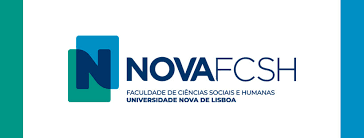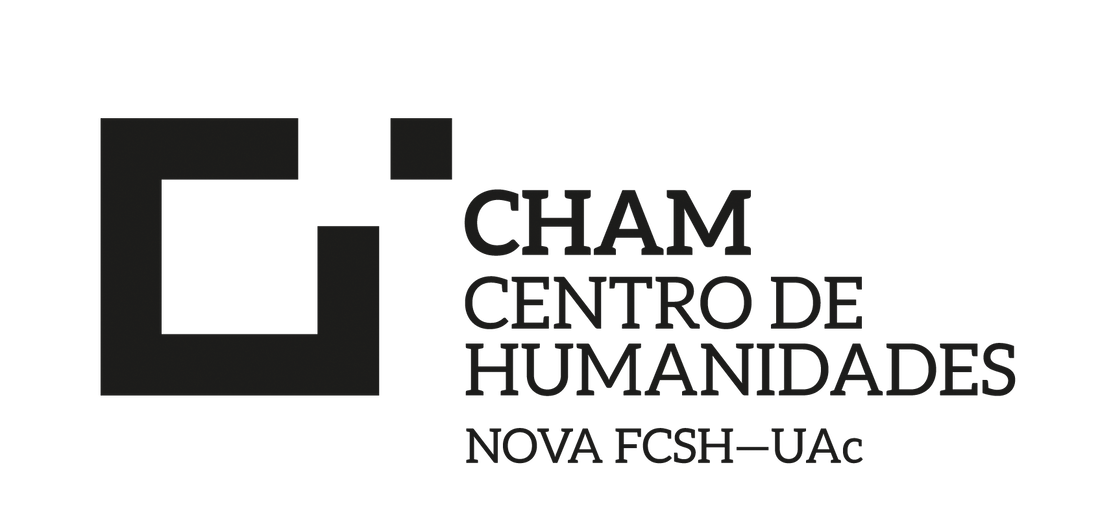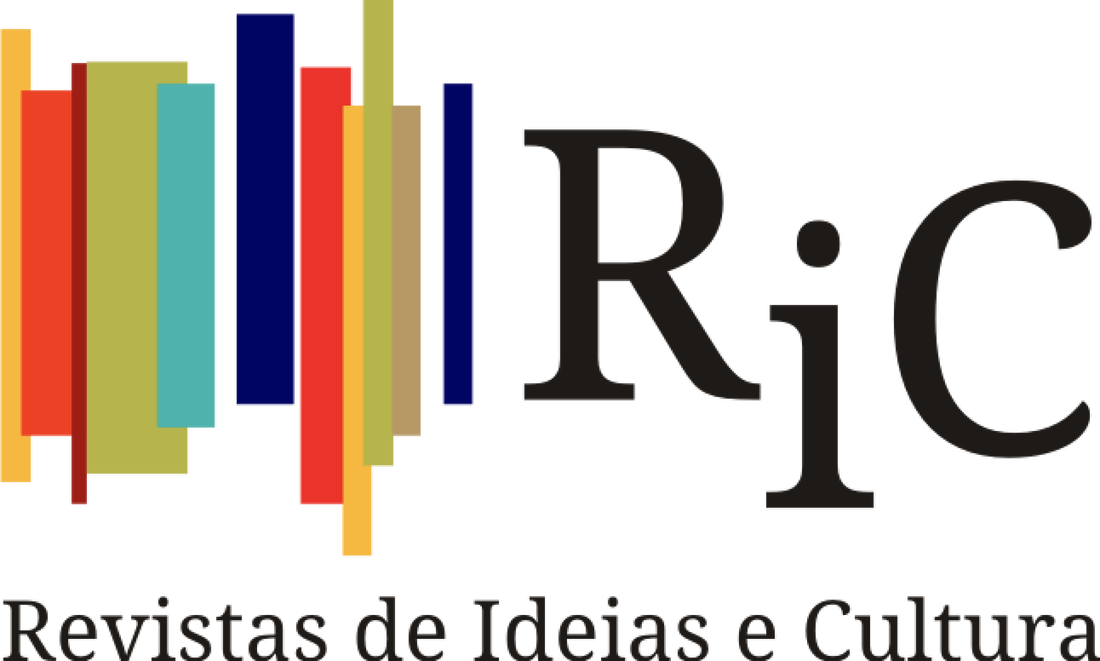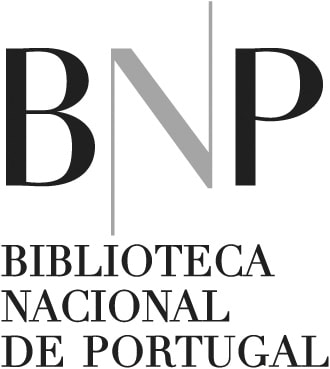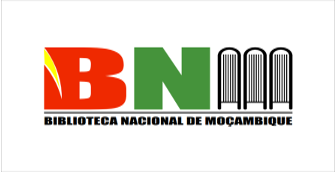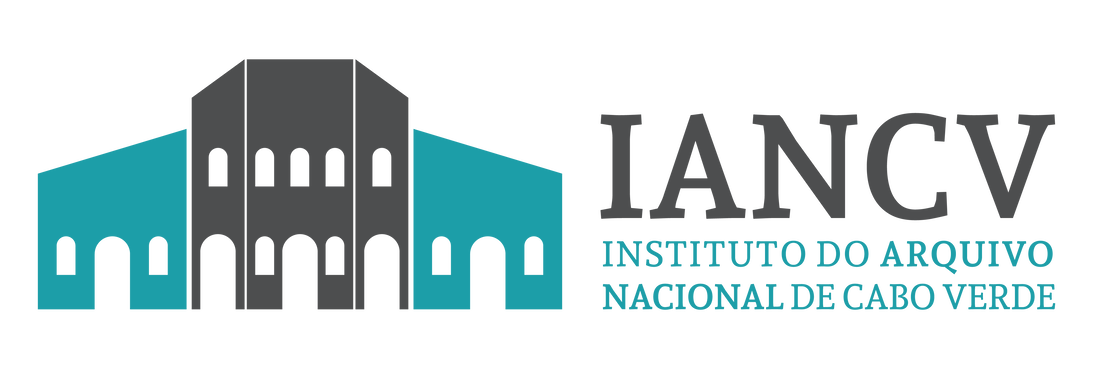About the IGSCP-PE
The Group
The IGSCP-PE - International Group for Studies of the Colonial Periodical Press of the Portuguese Empire is an international network with a multidisciplinary profile and transdisciplinary, pluralist and internationalist positioning. It brings together researchers acting in universities from different countries (Angola, Brazil, France, India, Italy, Mozambique, USA, and UK) as well as independent researchers, along with research and archival projects, research centres, libraries, archives and public and private documentation centres based in Portuguese-speaking countries. Its operation is marked by a flexible dynamic that harmoniously coexists with different modes and degrees of engagement. Alongside individual authorship, it has invested in collective authorship, signed and unsigned, as an expression of the “state of the art” of the group, which is built on the articulation between individual contributions and collective debates; two dimensions that are reflected into this website.
Aims
Although evolving in its depth and formulation, the GIEIPC-IP has aimed since its creation to:
- Affirming the area of study of the Colonial Periodical Press, highlighting the transnational nature of this press and the internationality of its heritage.
- Studying the colonial press as a multilingual documental archive of the contemporary history, of fundamental importance for pluralizing the current perception of its discursive construction.
- Alerting to the especially fragile and volatile condition of the collections of these periodicals, which are dispersed and difficult to reconstitute. Its recognition justifies the pursuit of collaborative and supportive relationships between researchers and institutions, aiming at the physical safeguarding, digitization, and virtual reconstitution of collections in a common archive/platform that integrates instruments of the Digital Humanities. Along this path, a Virtual Common Exhibition was created in 2017.
- Addressing the inequalities affecting the international scientific system, including those arising from the difficulties of accessing documents, by delving deeper into theoretical-methodological, ethical, and political questions. Those questions are very important to address when it comes to the creation and dynamics of an international group of such a profile and field of study.
- Investing in the theoretical and methodological debate.
- Studying the practices of the journalism and of the writing of the most diverse nature and intention, as well as other forms of expression, which are found in the variety of formats and typologies that constitute printed journalism.
- Including in its scope forms of journalism that use other technologies of production, and reproduction, than the ones of printing, by studying the conditions of their emergence, and how they dialogue with the press. Such forms of journalism occasionally situate themselves at the edges of the printing press. Specifically, handwritten or typed periodicals produced by the same means, or by stencils, with or without the mimeograph machines, or by photocopying, which sometimes include collages of printed materials, drawings or photographs, or even printed covers.
- Encouraging studies on titles, authors, networks, circulations, stories connected and disconnected by this press within the Portuguese empire and “between empires”, as well as comparative studies, within the scope of the Portuguese empire and the spaces liberated from it, also comparing them to other empires. Also, to discussing the colonial borders in the demarcation of this press.
- Studying communication channels with other media within the colonial framework, as well as with other types of printed matter.
- Promoting the coexistence and debate between conflicting experiences and visions of the colonial past and its present impact.
- Creating an archive of journalistic memories.
- Investing in advanced training.
- Contributing to the decolonization of teaching and the collective understanding of colonialism and post-coloniality.
- Contributing, through the articulation of all these fields of action, to the democratic spirit.
- Affirming the area of study of the Colonial Periodical Press, highlighting the transnational nature of this press and the internationality of its heritage.
- Studying the colonial press as a multilingual documental archive of the contemporary history, of fundamental importance for pluralizing the current perception of its discursive construction.
- Alerting to the especially fragile and volatile condition of the collections of these periodicals, which are dispersed and difficult to reconstitute. Its recognition justifies the pursuit of collaborative and supportive relationships between researchers and institutions, aiming at the physical safeguarding, digitization, and virtual reconstitution of collections in a common archive/platform that integrates instruments of the Digital Humanities. Along this path, a Virtual Common Exhibition was created in 2017.
- Addressing the inequalities affecting the international scientific system, including those arising from the difficulties of accessing documents, by delving deeper into theoretical-methodological, ethical, and political questions. Those questions are very important to address when it comes to the creation and dynamics of an international group of such a profile and field of study.
- Investing in the theoretical and methodological debate.
- Studying the practices of the journalism and of the writing of the most diverse nature and intention, as well as other forms of expression, which are found in the variety of formats and typologies that constitute printed journalism.
- Including in its scope forms of journalism that use other technologies of production, and reproduction, than the ones of printing, by studying the conditions of their emergence, and how they dialogue with the press. Such forms of journalism occasionally situate themselves at the edges of the printing press. Specifically, handwritten or typed periodicals produced by the same means, or by stencils, with or without the mimeograph machines, or by photocopying, which sometimes include collages of printed materials, drawings or photographs, or even printed covers.
- Encouraging studies on titles, authors, networks, circulations, stories connected and disconnected by this press within the Portuguese empire and “between empires”, as well as comparative studies, within the scope of the Portuguese empire and the spaces liberated from it, also comparing them to other empires. Also, to discussing the colonial borders in the demarcation of this press.
- Studying communication channels with other media within the colonial framework, as well as with other types of printed matter.
- Promoting the coexistence and debate between conflicting experiences and visions of the colonial past and its present impact.
- Creating an archive of journalistic memories.
- Investing in advanced training.
- Contributing to the decolonization of teaching and the collective understanding of colonialism and post-coloniality.
- Contributing, through the articulation of all these fields of action, to the democratic spirit.
Background
In 2015, three researchers linked to Portuguese research centres presented their “manifesto” at the II CHAM Conference. The following year, in 2016, the network that constitutes the IGSCP-PE took shape through international discussions between researchers, in different workshops and during a conference organized by the group. Its first international conference in 2017, with a multidisciplinary content, allowed demarcating the area of studies, bringing together scholars studying the press related to different empires, promoting the group's first scientific results, and making the project known to researchers and institutions of different nature. Since then, the IGSCP-PE has expanded as an international network of researchers. Institutions and projects based in different countries have been formalizing their membership in the group, or collaborating more informally, getting involved in its ventures and creating conditions for the continuity and development of its action. Workshops, conferences, and seminars, as well as collective publications, have consolidated relationships and deepened debates. In 2023, several local meetings took place, also open to the international scientific community. The current IGSCP-PE organization was born in that context.
